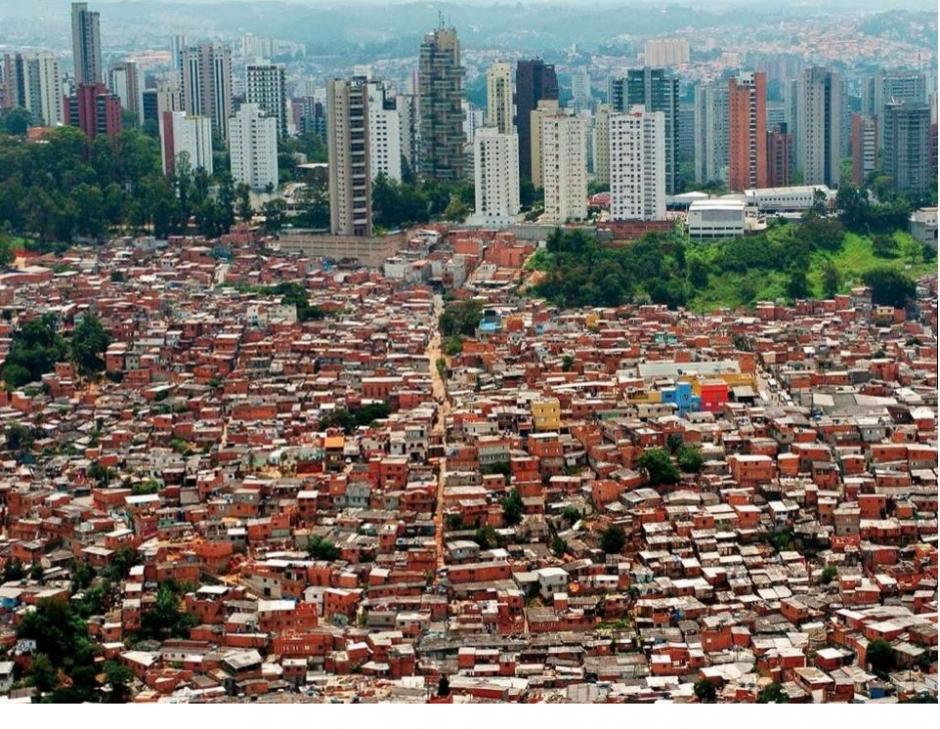
Political, economic and social inequalities are a disease
On the occasion of the International Day of Democracy, which is celebrated today, September 15, 2020, we Humanists of the world call for greater efforts to build more democracy around the planet and denounce the regression that it suffers worldwide by the exponential growth of economic inequality.
Democracy as a process loses its ethical legitimacy in the face of increasing inequality, because it hinders the participation of broad social sectors in conditions of vulnerability that affect their political rights and civil liberties. Economic inequality produces political inequality.
Democracy as a political system is left as something merely formal and without spirit in the face of the loss of the values that sustain it, such as solidarity, equality and dignity of all people, respect for pluralism and diversity, and the guarantee of individual and collective freedoms.
Democracy as a way of life is affected by the loss of confidence of the citizens, by the increase of authoritarian forms, corruption and social conflict, where dialogue, peaceful coexistence and tolerance to make agreements are mediated by economic interests that polarize and restrict social participation and freedom of conscience.
That is why we as humanists aspire and work to build a real democracy, one that meets all the basic needs of all people and protects their quality of life and their rights, because the democracy of a few is not a democracy.
Already in April 1993 the Humanist Document warned that when any or all fundamental pillars of democracy fail, such as independence between powers, representativeness and respect for minorities, we are faced with a formal democracy and not a real one.
The basis of democracy lies in the existence of a strong and well-branched civil society that limits the State and controls its functioning. The exercise of real democracy begins at the social base and it is from there that the power of the people must emanate. That is why modern democracy has a formal character if there are numerous areas of society in which participation in decision-making is restricted.
And this happens when social wealth is concentrated in a few hands that exert a strong influence on vital national and international affairs, without a system of counterbalance or real control of their economic and informational power.
In this scenario of risk for democracy, it must be valued that the frameworks of democracy have expanded considerably on a global scale, with the liquidation of colonialism, the condemnation of racism and fascism, and the recognition of the civil and political rights of women and numerous minorities.
It is in the sphere of production where the frameworks of democracy have been reduced, due to the accelerated technological changes, the size and power of the large transnational corporations and the gradual decline of the trade union and cooperative movements that have not been able to transform themselves in response to the new times. This is especially evident in the depredation of natural resources, the climate change and the global warming suffered by the planet, where numerous extractive practices harmful to the environment are carried out with total impunity due to insufficient regulations: their high ecological cost is not charged to those responsible.
On the other hand, although the frameworks of democracy at the community level have been reduced due to urbanization and the concentration of a large part of the populations in large cities, democracy has also grown as a consequence of the development, in type and number, of associations, collectives, networks and platforms of people united by particular interests.
With the progress of the computerized society and the advance of communications technology, the possibilities of the development of democracy increase even more. Regional, continental and global integration, with the development of supranational organizations, has increased democracy at the international level, strengthening the federalist movement in different ways. The development of non-governmental organizations at the international level also helps to strengthen democratic principles.
Likewise, technological development facilitates the process of consultation, collective decision-making and elections by electronic means, which makes it easier for the practice of representation to be transformed, giving greater importance to the popular consultation, referendums, popular initiative, popular veto, revocation of mandates and direct election of candidates.
Millions of people contribute daily to the construction of a more just, united and democratic world. We as Humanists make our contribution to the process of democratization at all levels and we emphasize the need for the development of democracy at the social base, contributing to the generation of new media and communication channels, taking advantage of the virtuality and the facilities provided by new technologies.
We Humanists are aware that modern democracies are heading for a turning point in which they will have to face the gap generated by growing economic inequality, the need to reform centralized states at the service of big capital, and the basic needs of their citizens uncared for. We must act against inequality, we must put a stop to the extreme concentration of wealth and power, we must eliminate privileges in order to guarantee in reality the rights formally written.
A new phase in which a new international tax order must be developed in the service of social justice, with a collection ethic that considers: the right of people to be heard and to an unconditional universal basic income; the financing of the development of basic and universal social services; the regenerative development of natural resources; the prohibition and regulation of bad business practices such as programmed obsolescence; the democratization of the judiciary; the reduction of the weekly working day, etc. Democracy, if it is real, must reach deep into the economy and justice.
"Progress by a few ends up in progress by no one. There will be no progress if it is not of all and for all".
Silo
International Coordination Team. International Humanist Party
